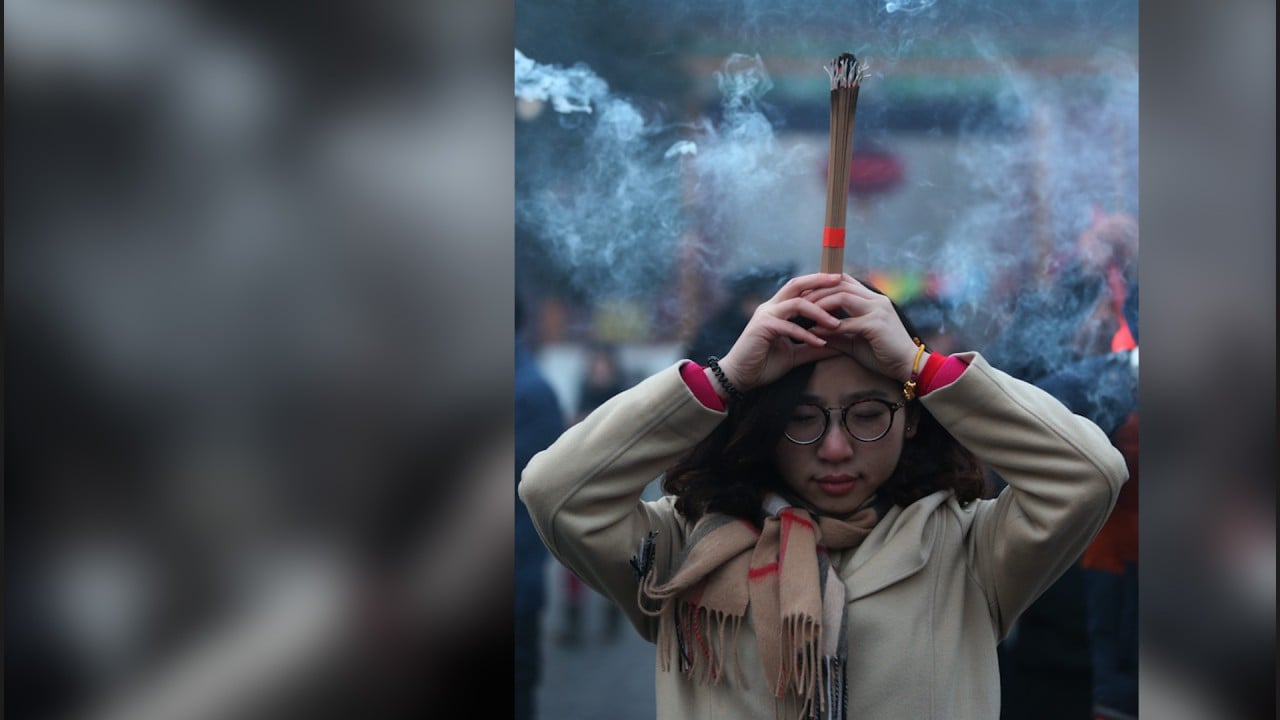The truly despondent might take another way out. Recently, four young people died in an apparent suicide pact, after three of them fell from Tianmen Mountain in Zhangjiajie; the fourth took poison. Then there is the trend known as “run philosophy”, as the wealthy and talented consider leaving the mainland for Hong Kong or Singapore.
All these may be seen as different exit routes. Not long ago, China’s youth were among the most hopeful in the world. What happened?
While the “lying flat” movement might have gained prominence during the pandemic, there are deeper structural reasons for it. Chief among them is perhaps the perception of diminishing economic opportunities in an ultra-competitive environment. While education once provided a way to climb the economic ladder, social mobility has declined in recent decades. As China’s economy matured, the prospects of young Chinese born into affluent families in major cities have become far better than those of their less-fortunate peers.
Such trends have provided the impetus for Beijing’s promotion of common prosperity, but this cannot be achieved without structural adjustments sending shock waves through the economy. Therefore, before social benefits can be realised in the longer term, an immediate adverse impact on employment might aggravate the hopelessness among youth. Herein lies the intractable tension between fostering economic opportunities and reducing economic inequalities.
Regulatory clampdowns over a year ago on the tech, education and property sectors resulted in the disappearance of millions of jobs. The irony is that some of those moves were, in part, meant to reduce inequalities. The crackdown on the real estate sector was intended to address the housing affordability problem that is a key cause of social inequality.
The crackdown on private tutoring was an attempt to reduce educational inequality, relieve the financial pressure on middle-class families and release disposable income. Yet, China remains one of the most expensive countries to raise a child, with the current cost 6.9 times gross domestic product per capita, a figure second only to South Korea’s; in both countries, family spending on private tutoring is notoriously high.
Youth unemployment is caused by a lack of job opportunities and a mismatch between skills and job requirements. The government’s clampdowns not only eliminated jobs but aggravated the skills mismatch because many employees with general skills who were employed in the property or education sectors have been unable to find good jobs in other sectors.
On the other hand, the government’s repositioning towards hard tech, including semiconductors, created new jobs that require highly specialised skills. The result is a labour surplus and a labour shortage at the same time.
Advanced manufacturing requires highly skilled technical workers. In the longer term, there may also be an imbalance between general university graduates and vocationally trained technicians. Going forward, rebalancing China’s higher and vocational education would be an important part of the solution. Further reforms to hukou, the household registration system, would equalise social benefits and improve labour mobility.
Unemployed graduates’s best hope lies in job creation. Private enterprises have long provided most of the urban employment but many, particularly small and medium-sized enterprises, were decimated in the pandemic due to lockdowns. Restoring confidence among private enterprises, including foreign investors, will be critical to sustained job creation.
Unemployed youth’s unmet expectations are a recipe for social instability. Promoting alternative pathways to good and stable urban jobs could be a way forward. But the failure of such alternatives would only deepen young people’s disappointment. Meanwhile, young Chinese don’t need pontifications about how they should manage their expectations. “Lying flat” is a form of self-regulation in the face of seemingly impossible odds.
The government has rightly focused on job creation, but the task may ultimately fall to private enterprises in the main.
Party cadres are being told to focus on investigative research, in the tradition of the party. Among the most important research initiatives would be running focus groups with unemployed young people and graduating students, as well as private-sector employers.
Realistic solutions to youth unemployment must start with a solid grasp of the problems on both the demand and supply sides. To mitigate young people’s malaise, their voices must be heard.
Winston Mok, a private investor, was previously a private equity investor


